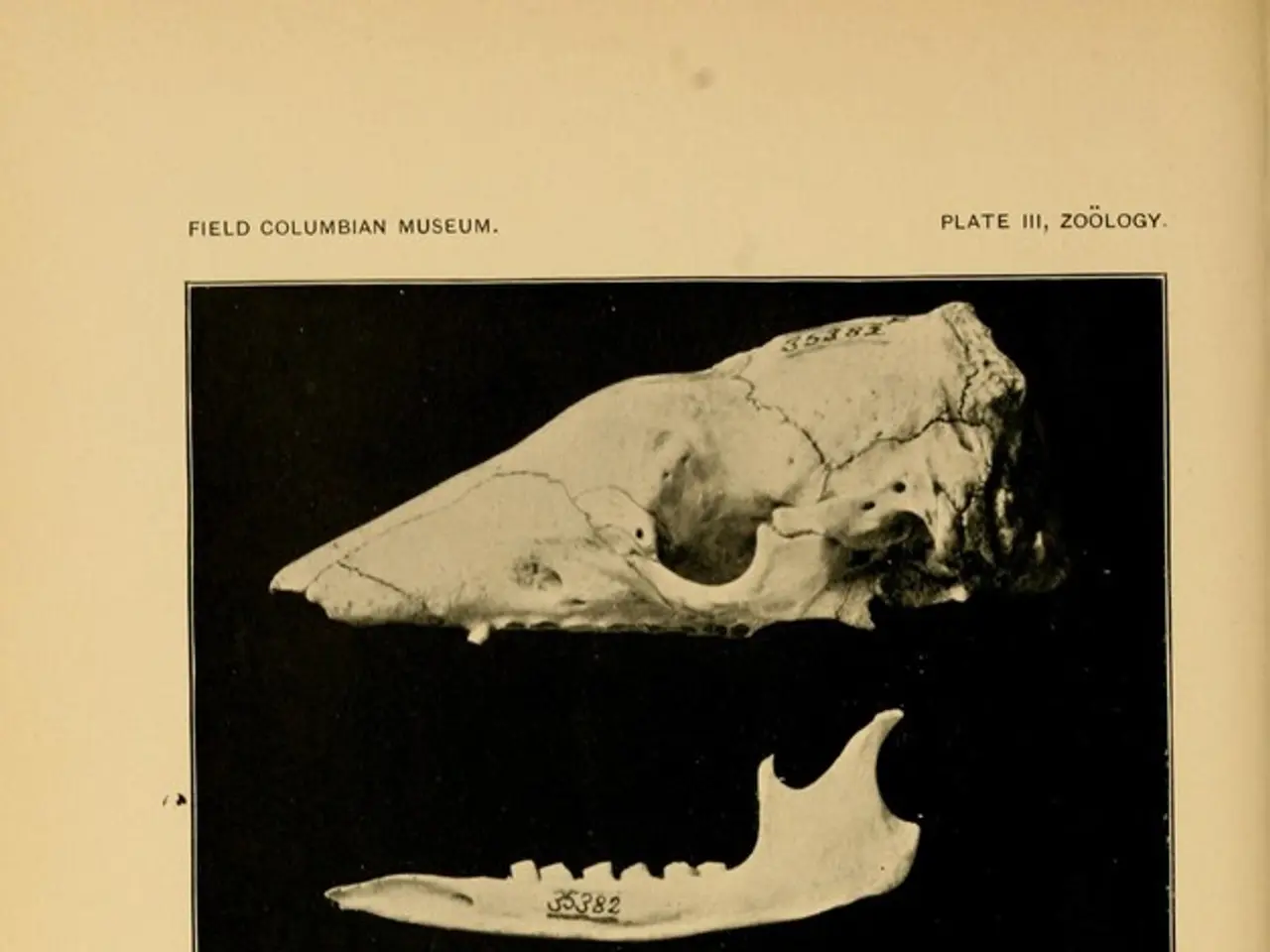Connection between Hyperthyroidism and Weight Reduction: Unveiling the Relationship
Hyperthyroidism, a condition where the thyroid gland produces an excess of thyroid hormones, can lead to significant weight loss. Researchers define rapid weight loss as losing more than 1 pound per week, and this is a common symptom of hyperthyroidism [1].
The increased metabolism in hyperthyroidism leads to increased calorie burning, bodily heat production, and overall energy use. Specifically, excess thyroid hormones (T3 and T4) stimulate cellular activity and energy expenditure, which in turn raises basal metabolic rate (BMR). This causes the body to consume more calories to meet energy demands, thereby reducing fat stores and muscle mass despite potentially higher calorie consumption [1].
Treatment for hyperthyroidism helps normalize thyroid hormone levels, which can lead to regaining lost weight. Treatments such as anti-thyroid medications, radioactive iodine, or surgery reduce the excessive thyroid hormone production, slowing metabolism back toward normal [4].
However, weight changes after treatment can be complex. Many patients regain weight as metabolism normalizes, but studies show that nearly 50% of hyperthyroid patients may gain excessive weight or become obese post-treatment, often within the first two years [5]. This weight gain may result from lowered metabolism post-treatment, changes in appetite, or underlying hormonal factors interacting with insulin and leptin resistance common in thyroid disorders [3][5].
Therefore, while treatment can help regain weight lost during hyperthyroidism, it often requires balanced management to prevent excessive weight gain. Maintaining a healthy diet, monitoring metabolic changes, and addressing any insulin or leptin resistance may help manage weight effectively after treatment [3][5].
It is important to note that it is unsafe to take over-the-counter weight loss supplements containing thyroid hormones of varying potency. Moreover, using thyroid hormones as a weight loss tool is not recommended [6].
If an individual notices symptoms of hyperthyroidism, such as tiredness, anxiety, shortness of breath, heart palpitations, muscle weakness, sweating, tremors, irregular periods, diarrhea, and heat intolerance, they should consult a doctor who may recommend thyroid tests [7].
References:
[1] "Hyperthyroidism: Symptoms, Causes, and Diagnosis." Mayo Clinic, 24 Mar. 2021. mayoclinic.org/diseases-conditions/hyperthyroidism/symptoms-causes/syc-20374847
[2] "Hyperthyroidism." NHS, 24 Mar. 2021. www.nhs.uk/conditions/hyperthyroidism/
[3] "Weight Gain after Treatment for Hyperthyroidism." Johns Hopkins Medicine, 24 Mar. 2021. www.hopkinsmedicine.org/health/conditions-and-diseases/hyperthyroidism/weight-gain-after-treatment-for-hyperthyroidism
[4] "Treatment for Hyperthyroidism." NHS, 24 Mar. 2021. www.nhs.uk/conditions/hyperthyroidism/treatment/
[5] "Weight Gain after Treatment for Hyperthyroidism: A Systematic Review." The Journal of Clinical Endocrinology & Metabolism, vol. 105, no. 3, Mar. 2020, pp. 1013-1022. academic.oup.com/jcem/article/105/3/1013/5866950
[6] "Weight Loss Supplements: Are They Safe?" Mayo Clinic, 24 Mar. 2021. mayoclinic.org/healthy-lifestyle/weight-loss/expert-answers/weight-loss-supplements/faq-20058283
[7] "Hyperthyroidism." NHS, 24 Mar. 2021. www.nhs.uk/conditions/hyperthyroidism/symptoms/
- Despite hyperthyroidism leading to significant weight loss, a post-treatment challenge with near 50% of patients gaining excess weight or becoming obese highlights the need for effective weight management strategies in health and wellness, such as maintaining a healthy diet, monitoring metabolic changes, and addressing insulin or leptin resistance.
- Chronic diseases like hyperthyroidism and their treatments can have a profound impact on mental health, with the weight gain observed post-treatment often causing stress, disappointment, and low self-esteem.
- Nutrition plays an important role in both hyperthyroidism and its treatment, as excess thyroid hormones stimulate cellular activity and calorie burning, while weight management challenges post-treatment could stem from lowered metabolism, changes in appetite, or underlying hormonal factors interacting with insulin and leptin resistance common in thyroid disorders.
- Treatments for medical conditions like hyperthyroidism should be approached with caution, as taking over-the-counter weight loss supplements containing thyroid hormones of varying potency poses a risk and using thyroid hormones as a weight loss tool is not recommended for effective and responsible health and wellness.





